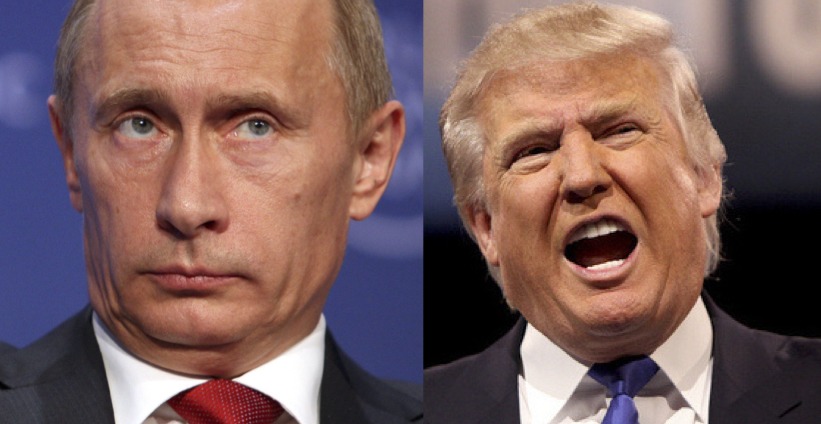The real trouble for Mitch McConnell

All too often in politics, if you have to explain it, you’re going to be on the losing side. This is a rather unfortunate fact, but the trouble is that the average voter doesn’t like to invest too much thought into who they’re going to vote for – they’d just rather not be associated with whoever they feel is carrying the most baggage instead of having to justify it to friends and neighbors and at the end of the day, it has very little to do with whatever that candidate’s policies might be. For nearly a decade, the GOP has warmed up to Russia – despite spending most of the last century building up animosity against that same country in the years of the Soviet occupation.
The GOP is only now beginning to regret their deep ties to Putin and his vast disinformation networks not because he’s an autocratic monster but because his invasion of Ukraine is a public relations nightmare for them. The trouble is, so far they’re having a hard time getting on the same page, with the most deranged House Republicans voting against aid to Ukraine or trashing Zelenskyy in public. What defense does the party’s leadership have for this? Not too much. Appearing on the Sunday talk shows, Mitch McConnell simply said that it was just a small number of the GOP that cheered for this fascist regime and urged America to ignore them. No, really.
The trouble is it’s not just a few Trumpers waving Russian flags. The party has had deep ties with Putin that we still have never fully understood – such as when a group of prominent senators spent the 4th of July in Moscow several years ago and their loudest pundits are parroting lies directly from the Kremlin. That’s why Democratic candidates for office need to push back on this as often as possible from now until November – make all Republican candidates try to distance themselves from the party’s most deranged people, and see if their explanation works as well as Mitch’s.
James Sullivan is the assistant editor of Brain World Magazine and an advocate of science-based policy making
